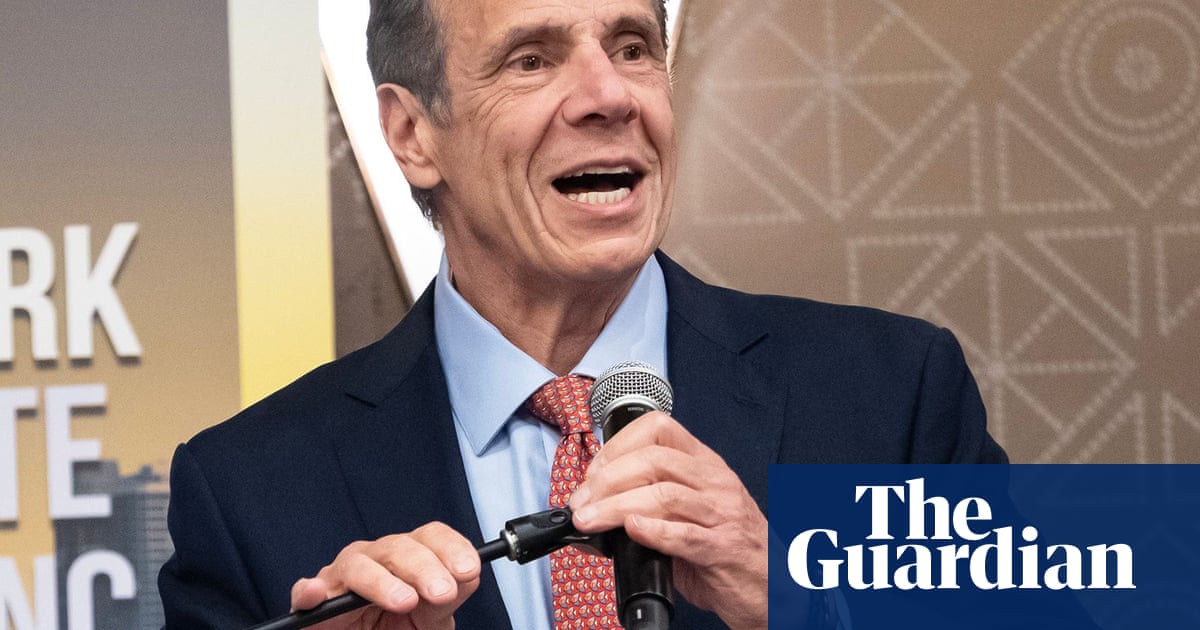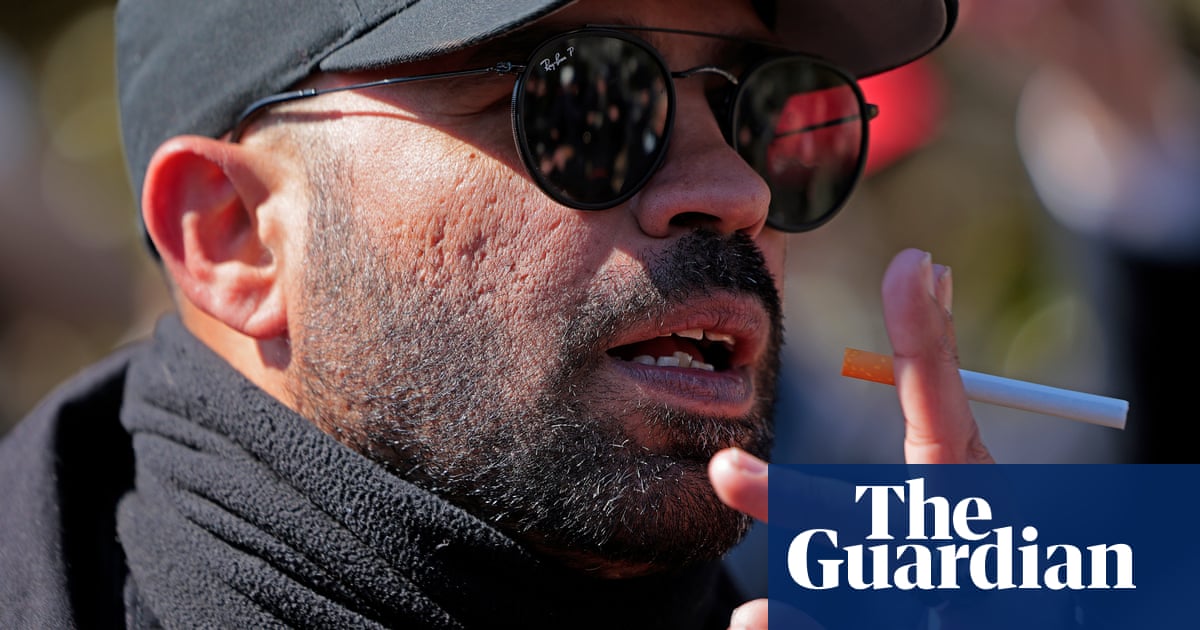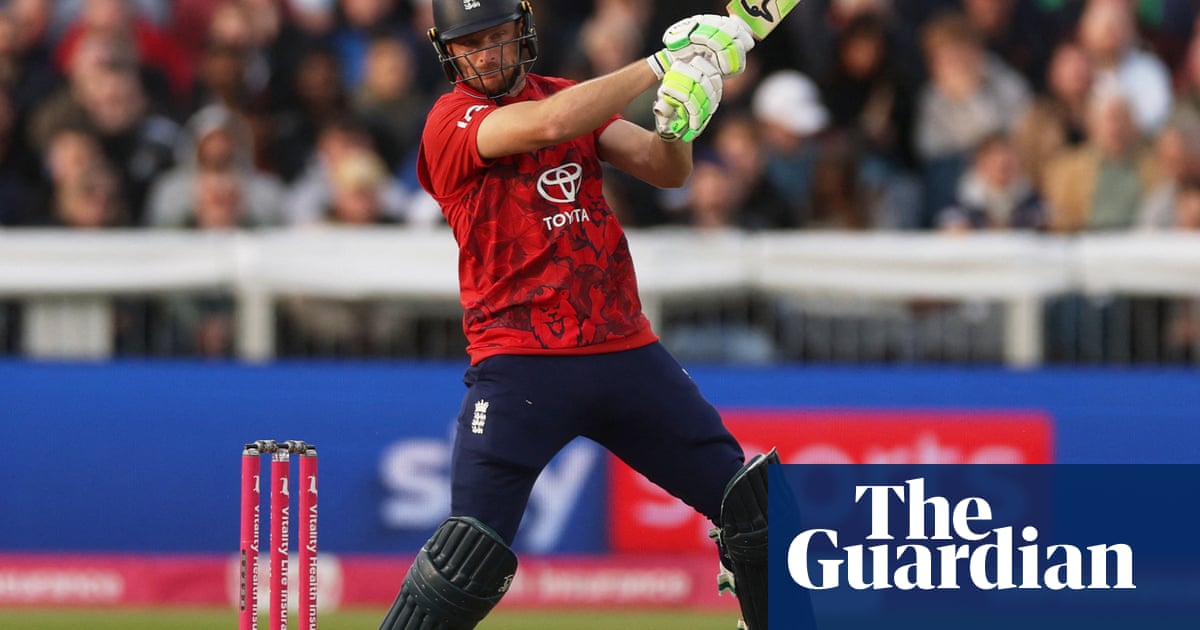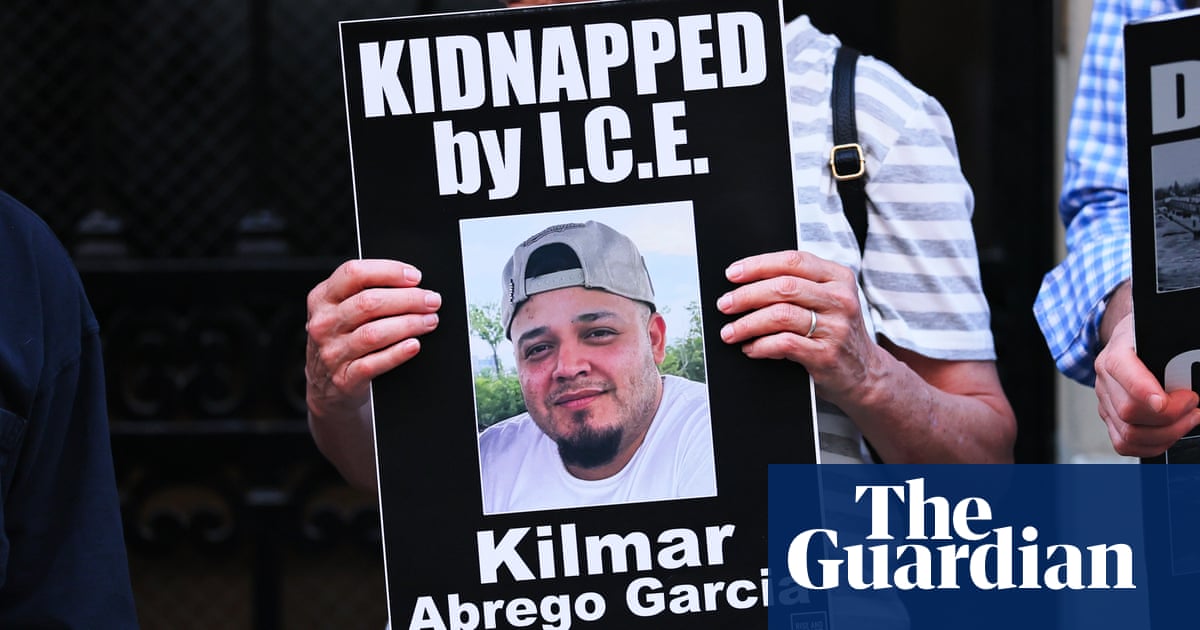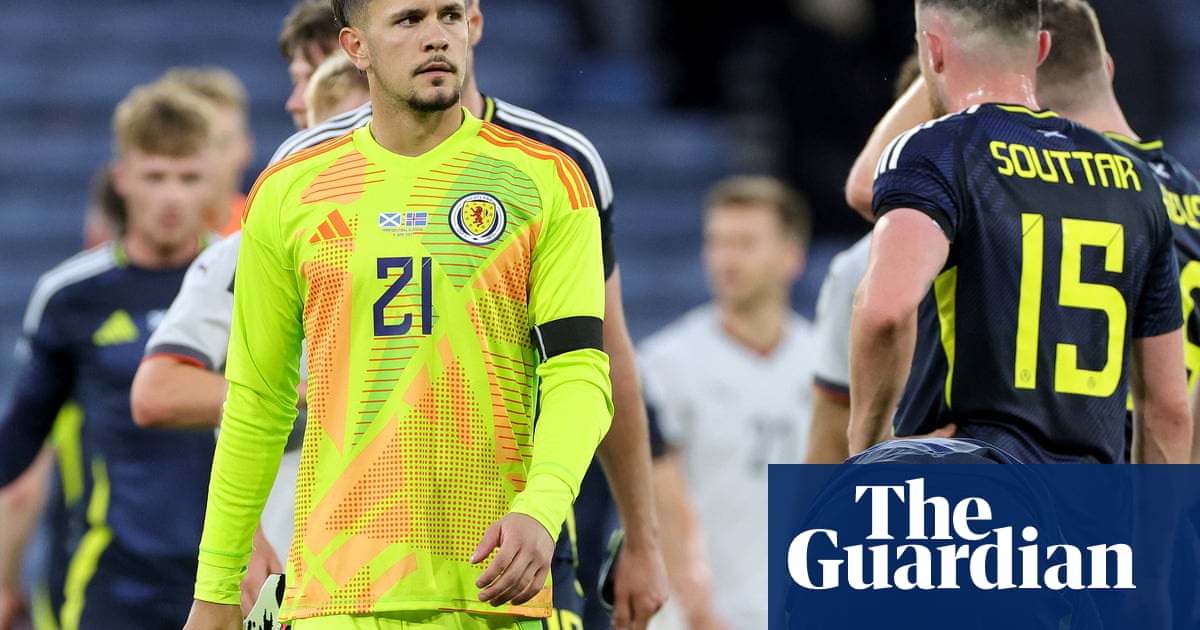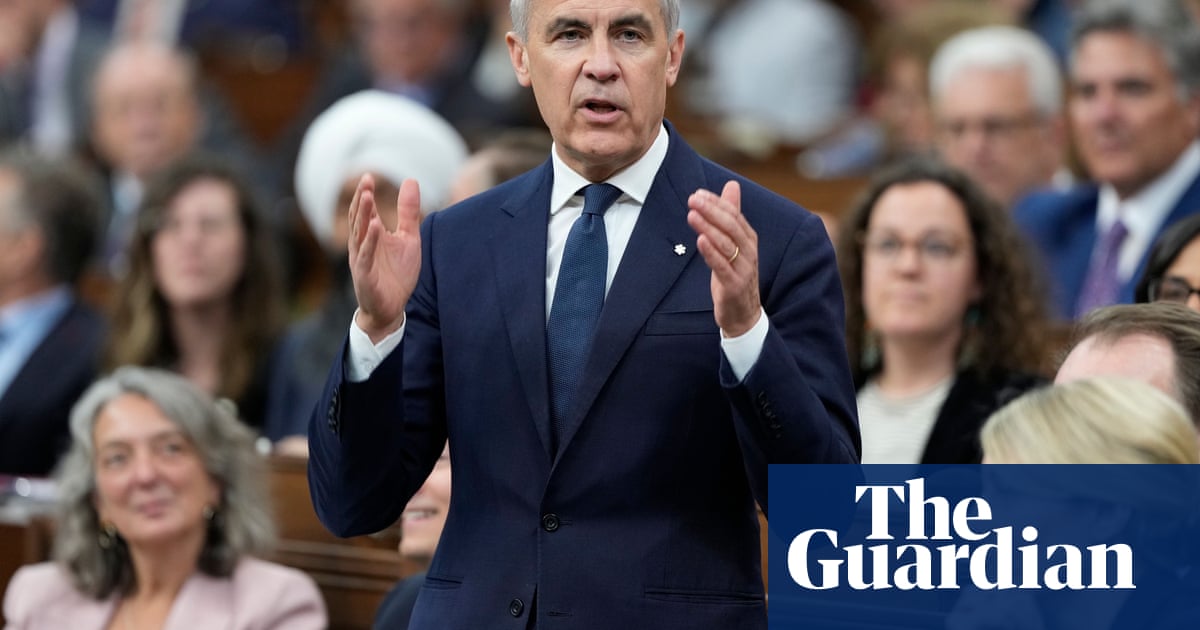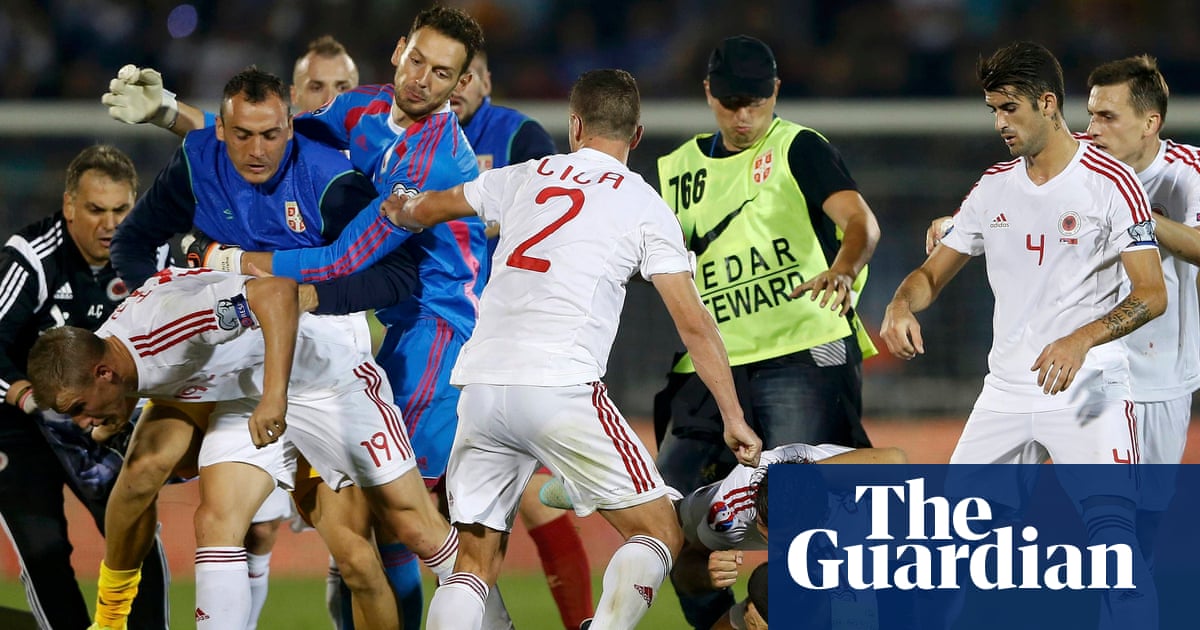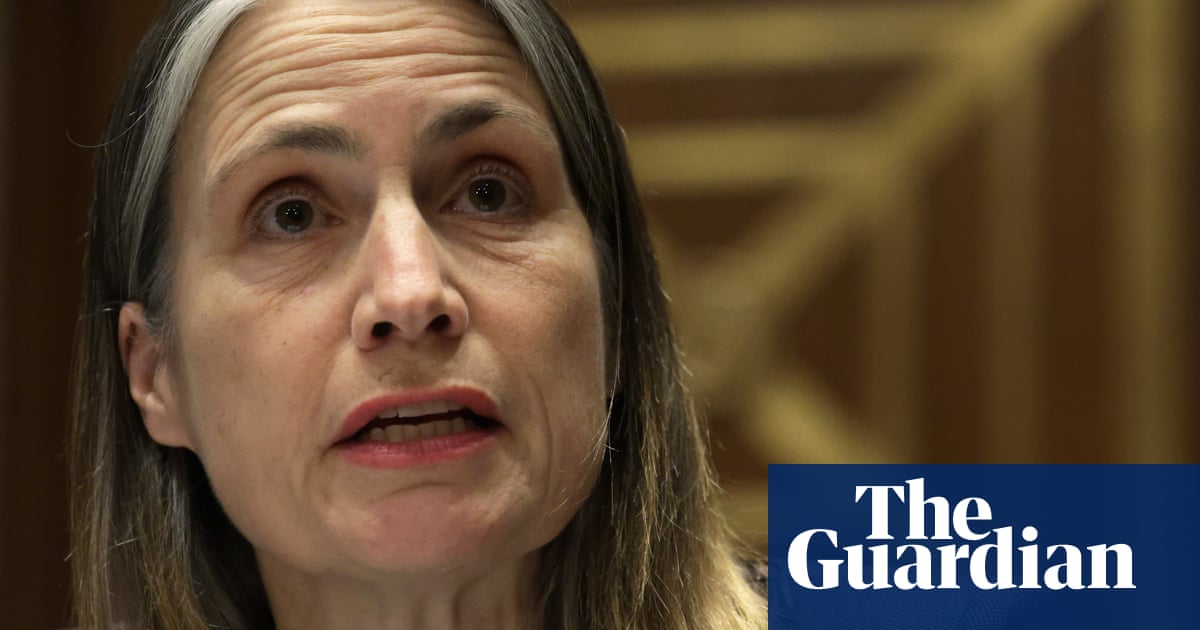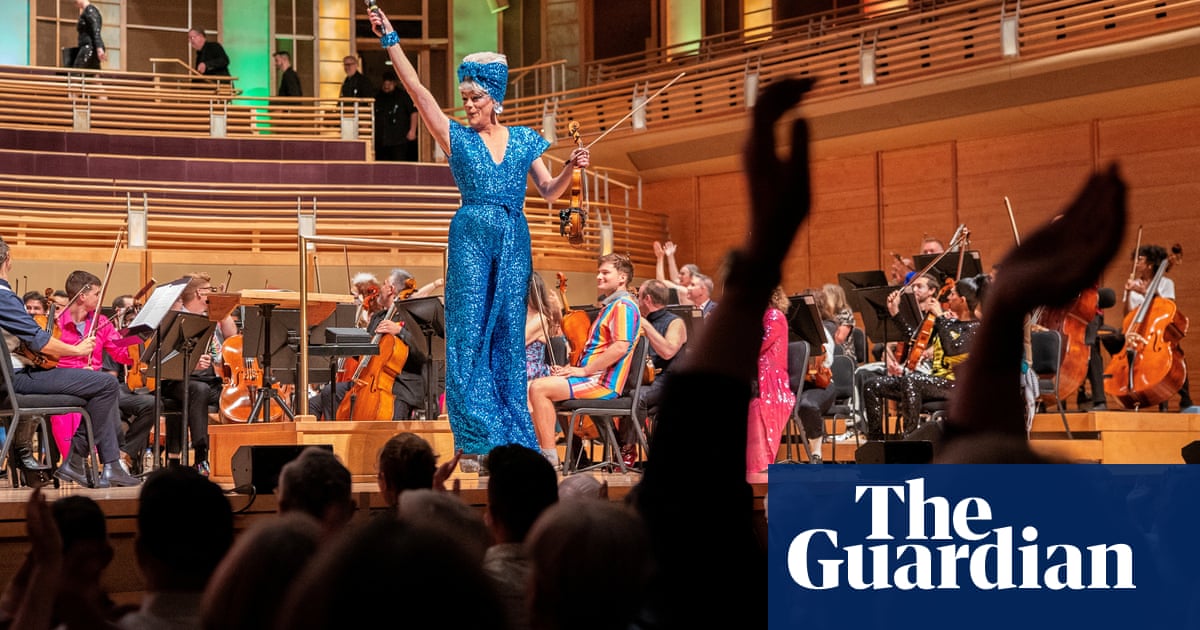For six Palestinian teenagers, it could be a “life-changing opportunity”.
The youngsters have been selected for the International Mathematics Olympiad, to be held on Australia’s Sunshine Coast in July, but it is unclear whether they will be able to leave Gaza and the West Bank to take part.
At the same time the IMO faces calls to suspend Israel’s membership and allow its students to compete solely as private entrants.
National teams around the world are in training camps for the trip to Australia, being coached by academics as they prepare to compete for medals – and the ticket such prizes offer to just about any university in the world.
The Palestine team leader, Samed AlHajajla, says the IMO should be the start of a journey towards a glittering career.
“Having a mind to solve these problems is incredibly rare,” AlHajajla says.
“They are the best in Palestine, they are the top students. Being an IMO competitor, it takes a lot of hard work and talent and gifts and, for them [in training for the IMO] they can exercise that, they can exercise some freedom inside the prison which is Gaza.
“For them [it should be] a life-changing opportunity where they can taste freedom for the first time.”
The problem facing AlHajajla and his young Palestinians is logistical and political. Last year, four Palestinians – two from Gaza and two from the West Bank – were selected for the 2024 IMO in Bath, England, but were unable to take part.
The closure of the Rafah crossing meant those in Gaza could not leave. Visas and passports for those in the West Bank were approved by British and Israeli authorities, but did not arrive in time.
A spokesperson for the Israeli embassy in Australia says they are “not aware of any evidence that Israel delayed or refused visas for the Palestinian team at the last IMO, nor do we have information suggesting this will occur now”.
Mike Clapper is the interim chief executive of the Australian Mathematics Trust, which is organising the Sunshine Coast event. He says it is “very much our hope” that the Palestinian team will be able to come in person.
“We are exploring all the avenues that we can to try to make it possible for the Palestinians to participate,” he says.
‘A clearcut treasonous thing’
Whether Palestinians can compete is only one part of the IMO’s problem. The other is whether Israelis should be allowed to do so.
On 6 May a letter signed by more than 700 mathematicians was issued to the IMO under the heading “Mathematics and Moral Responsibility: the IMO and the Genocide in Gaza”.
The letter calls on the IMO to do as it did when it suspended Russia’s membership after the 2022 invasion of Ukraine – while allowing its six students to compete remotely as private individuals. Russia remains suspended.
Signatories come from a diverse range of countries, universities and career stages: from Australia to Morocco to Switzerland; from Oxford to Stanford to the University of Carthage; from PhD researchers to associate professors to three winners of the Fields medal – the award often referred to as the Nobel prize of maths.
The letter – seen by Guardian Australia – has not been published, to protect signatories from harassment.
Among them is an Israeli, a former IMO medallist, who asked for their name to be withheld.
“I needed to think about it for a second because of the potential danger,” they say.
“If I would tell this to random people in the street it would be, I would not say controversial, it would be considered a clearcut treasonous thing to do.”
But, they say: “We see what is happening in Gaza: there’s war crimes, there’s starvation, the genocide. For me it is clearcut. It is the moral thing – it is the obligatory thing to do in this situation.”
They hope the suspension of Israel would be a symbolic act that would help “put a mirror in the face of the Israeli nation”and cause their compatriots to reflect on “what direction this country is going”.
The Israeli embassy in Canberra flatly rejected the call.
“The embassy strongly opposes any call to suspend Israel’s IMO membership or to boycott its students,” its spokesperson said.
“Mathematics must remain apolitical and inclusive.”
The power to transform lives
The Israeli signatory, like so many young mathematicians, says competing at the IMO was a “transformative experience”.
The first signatory of the letter is the research director at the French National Centre for Scientific Research, Ahmed Abbes. The son of a Tunisian high school maths teacher, he recalls the IMO as his “making as a mathematician”.
Abbes won a bronze medal at his first IMO in Canberra in 1988. The following year in Braunschweig, Germany, he won silver, rubbing shoulders and making lifelong connections with teenagers who would go on to become some of the world’s most influential people.

Ranked No 1 in the world in 1988, for the second year running, was Nicuşor Dan, who won a second consecutive gold medal with his second perfect score. In May, he emerged from Romania’s political crisis as its new president.
At that same IMO the Australian prime minister, Bob Hawke, presented a gold medal to an even younger prodigy, a 12-year-old Australian called Terence Tao. Tao remains the youngest ever IMO gold medallist and is now regarded by many as the greatest living mathematician.
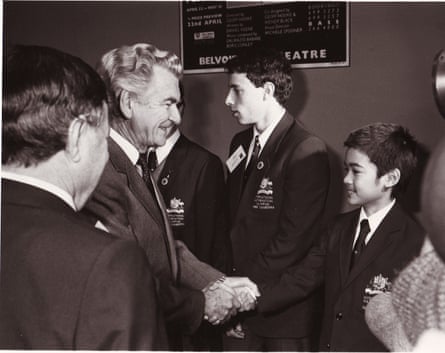
A more recent example of the IMO’s power to transform lives is Ihor Pylaiev. Pylaiev was plucked from war-ravaged Kharkiv in 2022 after Russia’s invasion of Ukraine to continue his studies in Paris. He won his second gold medal in Oslo, this time with a perfect score and the top world ranking. He is now studying at Cambridge on a scholarship with colleagues from the Ukrainian IMO team.
Abbes, who led efforts to support Pylaiev and the Ukrainian students, says the mathematical community’s response to the Russian invasion is another chapter in its proud history of standing up for human rights.
“When you accept that there are universal values, you just apply them, like you apply a mathematical theorem,” Abbes says.
“When you see clearly the double standard [in not applying the same lens to Israel], as a mathematician you cannot accept this.”
The president of the IMO board, Gregor Dolinar, denies accusations of double standards.
Since assuming the presidency in 2023, the Slovenian professor has overseen the incorporation of the IMO as an association, based in the Netherlands.
“I wanted to make things more formal, more professional,” Dolinar says. “Now we have set up a government structure properly.”
Dolinar says it is his “strong belief” that important decisions such as suspending nations should be made not by his board, but by the IMO jury, which includes representatives from more than 100 states and territories. The jury, he says, will meet at the Sunshine Coast in July and could make the decision to suspend Israel then.
“Our primary goal is just focusing on [developing] young minds and, based on a very long tradition, doing a nice event,” Dolinar says. “We really do want to avoid any political issues. We really do want to be apolitical.
“Our primary goal is to enable as many kids as possible to participate at the IMO.”

 10 hours ago
3
10 hours ago
3



